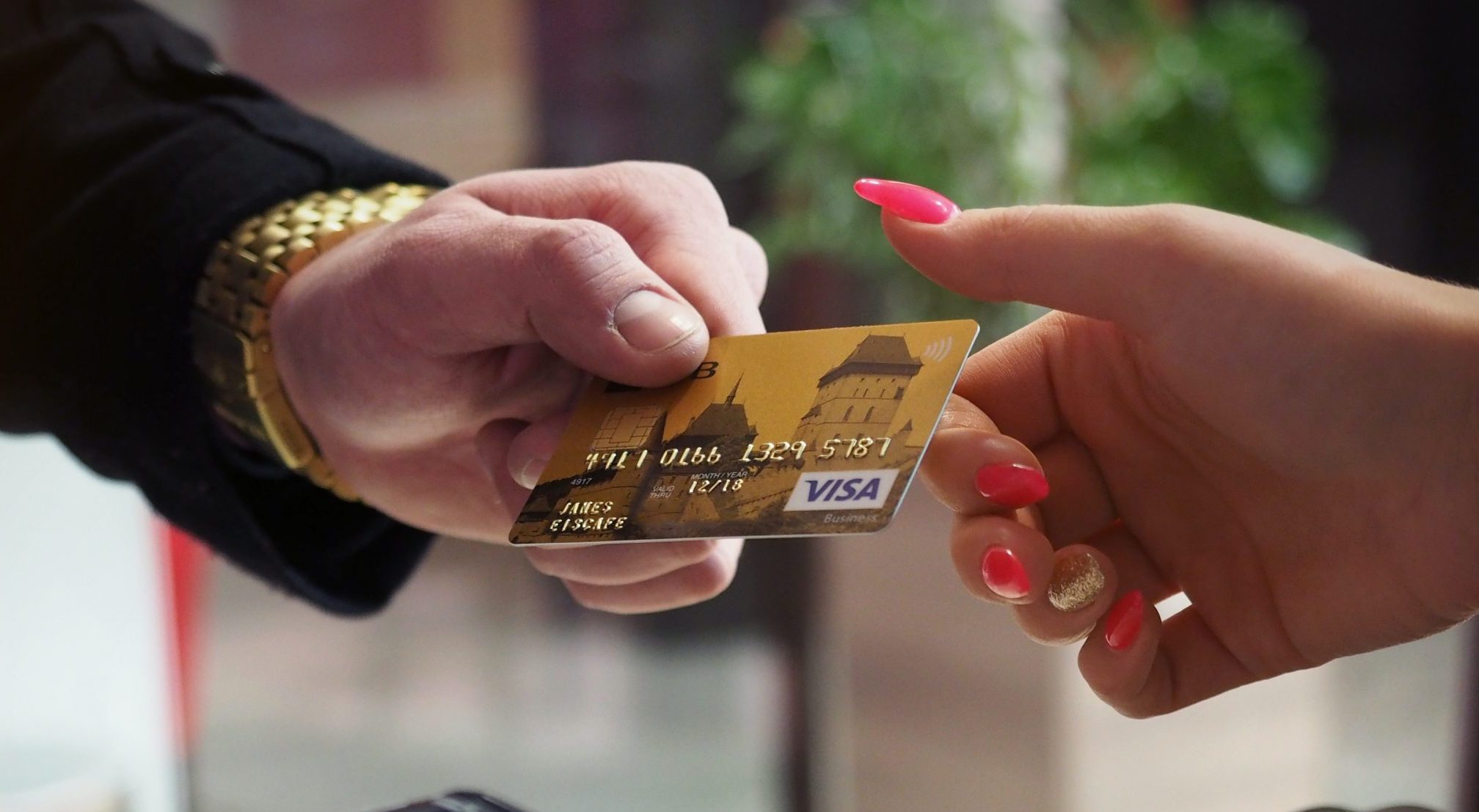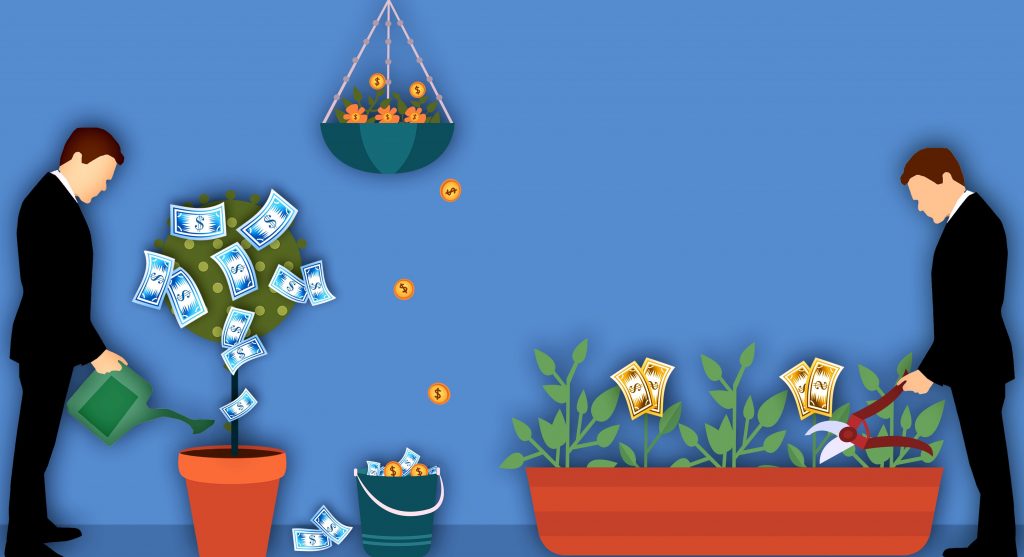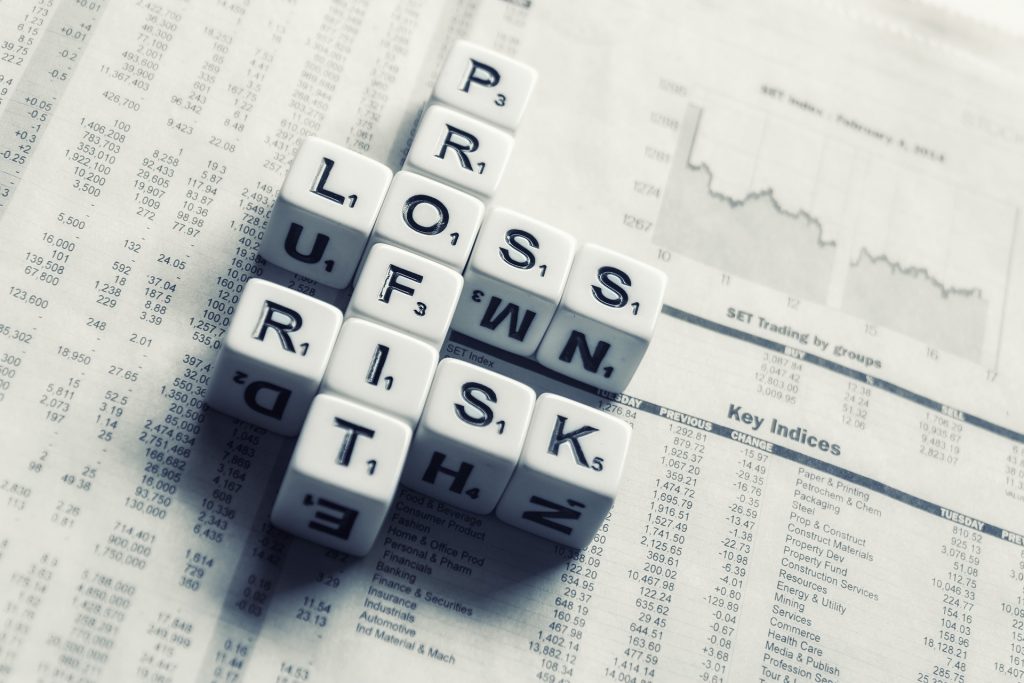As COVID-19 lockdowns ease, banks in Africa may suffer a liquidity crunch just as domestic companies look to them to finance their recoveries. “Africa needs its banks more than ever. Already they have been the primary conduit of aid during the crisis and will play a central role in the recovery,” wrote Francois Jurd de Girancourt, McKinsey & Company head of banking and insurance for Africa, in June.

The main reason for that credit crunch is an unprecedented recession throughout the continent. “The pandemic is already radically worsening the economic outlook for Africa, with growth expected to collapse to a negative 1.6 percent and a real GDP per capita fall of 3.9 percent,” Judith Tyson, a research fellow at ODI, a global think tank, wrote in a blog on the company website. According to an April report by the IMF, that would make 2020 the worst year for Africa’s economic growth since record-keeping began in 1970.
Tyson fears most African institutions can’t scale up lending without risking becoming “zombie banks.” “This means they are effectively bankrupt, but the insolvency has not crystallized because of policy forbearance,” she explained.
One strategy at such a critical juncture is for the banks to expedite their digital transformation while lowering the cost of online financial services. That would help them attract additional clients, which would translate to increased deposits and — more importantly — safer lending opportunities.
COVID-19 and banks
Adesola Adeduntan, the managing director and CEO of First Bank of Nigeria and Subsidiaries, told CNBC Africa in May “the pandemic’s largest threat to banks [is] related to their loan portfolios.” He cited Moody’s recent downgrade of financial institutions in Nigeria, Morocco, and South Africa from “stable” to “negative.”
Girancourt noted that banks in Africa might see revenue fall as much as a third until the end of 2021. Meanwhile, return on equity could drop 15 percentage points. That is “driven by rising risk costs [and] reduced margins,” wrote Girancourt in a June report for McKinsey.
Meanwhile, a continent-wide recession means companies doing business in Africa will experience a slowdown. For African banks, that likely means more defaults. On her blog, Tyson forecasted a “sharp increase in non-performing loans, from an already high 11 percent in 2019.” South Africa (the largest GDP in Africa), Nigeria (second largest) and Angola (seventh largest) will be affected the most, Adeduntan told CNBC Africa.
Informal lenders, including microfinance financial institutions, also would be hurt. “Portfolios will come under stress as a result of lending to households with volatile income and no assets, and some may be unable to maintain solvency,” said Tyson. She estimated 26 million Africans would find themselves below official poverty lines in the wake of the pandemic, “erasing five years of progress in poverty reduction.”
International financing institutions that rely on securing foreign currency loans, short-term funding, and funds specializing in financing-specific sectors also will be “affected by the COVID-19 shock,” wrote Tyson. She added that most African countries rely on trading commodities with the United States, China, and India, whose economies also are struggling.
The immediate result is African banks will avoid new lending and hoard liquidity and capital. “This will mean the banking sector will add to existing recessionary forces in sub-Saharan African economies,” wrote Tyson. Girancourt believes it will take two to four years for African banks to return to pre-COVID-19 liquidity and profitability levels.
The first step many African governments took to protect banks was to adjust policies to reflect the heightened risk of lending. Tyson said many central banks reduced capital ratios and interest rates, “which may help to balance financial stability and finance for growth.”
Other changes include adherence to most BASEL III standards, government bond-buying programs, and postponement of debt payments. “Their effectiveness will … be subject to the banks’ risk appetite,” wrote Tyson.
Fabio Scala, managing director of Further Markets, an investor-advisory firm for southern Africa countries, said such changes had been a long time coming. “Regulations are slowly becoming more focused around creating fair competition and encouraging innovation,” he wrote in a blog on the Further Africa online platform in January.
Digital banks
The long-term solution is to focus on the continued expansion of online financial services. “Technology is changing the world of finance at a staggering pace,” wrote Scala, “and Africa is quietly leading the way in mainstream adoption.”
Such leadership has been attracting foreign investors to the continent for years. One prominent player is Emerald Group, which shifted its African investment portfolio from energy and commodities to financial services. Its two flagship products are Makeba digital wallet. Both operate in Cabo Verde, supported by BANKO Financial Group, which targets low-income, non-banked Africans.
N’Guru Tiny, Emerald Group chairman, told Further Africa in January that those services are “based on a low-cost digital platform” and are a “requirement of today’s African economic scenario.”
One increasingly popular payment method is using mobile phones via telecom providers’ infrastructure, known as mobile money transfer. It also allows withdrawals and deposits. According to the World Economic Forum (WEF), one in four African adults used mobile money transfers in April.
And experts predict usage will grow. “With the virus, it’s better to use Orange Money,” Penda Kande, a 30-year-old Senegalese woman, told the WEF. She started paying for taxis using her smartphone when the pandemic hit her country. An unidentified Orange Money agent told the WEF that business in Senegal has nearly doubled during the COVID-19 outbreak. Meanwhile, Tayo Oviosu, CEO of Paga, Nigeria’s mobile money company, told the WEF in April he expects an “uptick in new accounts and transactions after lowering fees. We do see a real opportunity to drive… financial inclusion.”
“I think right now there is a really key trigger point and that could be seized upon to leap forward,” Jill Shemin, an independent consultant on digital finance in West Africa, told the WEF in April.
 Catching up
Catching up
Not all countries have a thriving online financial and banking ecosystem. “In East African countries such as Kenya, Uganda, and Tanzania, [mobile money transfer] is already the currency of choice for everything from daily shopping to paying bills,” noted the WEF report. In West Africa, that digital transformation lags due to “low literacy and lack of trust, as well as a lack of necessary documents and a preference for cash,” said the GSMA, a telecom industry group.
However, Ruan Swanepoel, head of GSMA’s mobile money program, is confident the COVID-19 pandemic is the right catalyst to accelerate digital transformation among consumers and banks.
For Scala, of Further Markets, the key to that transformation will be partnerships between fintechs and traditional banks and including smartphones in the package of services. Banks, however, are “still stuck in that traditional mindset: ‘We are a bank, not a technology company,’” he wrote on the Further Africa blog in January.
The other obstacle, according to the WEF, is cost. Senegal’s government waived transaction fees, while Ghana’s central bank said subscribers could transfer as much as $170 in each mobile money transaction with no additional certifications.
Realistic assessment
Tyson cautioned that governments, banks, and businesses might be too optimistic about economic recovery prospects. That could result in an enthusiastic appetite for short- or medium-term loans, believing that spending during a recession would be good for businesses and, ultimately, support a recovery.
“The crisis has brought to the fore the possibilities of the digital economy,” Tyson wrote in her ODI blog. A rapid investment policy would make Africa “a global hub for [financial] innovation.”
However, such fast-track investments could create over-leveraged companies and banks, known as “zombies.” Such establishments take risks safe in the knowledge that state policies will bail them out because economic recovery is a priority.
Tyson, however, stressed that speedy investment policies might be required in the near term to fund SMEs and microbusinesses to keep their employees. In the long run, such finance must focus on long-term gains and not be deterred by short-term risk. Adeduntan, of First Bank of Nigeria, told CNBC Africa his country’s central bank has been giving “commercial banks more leeway to be patient with clients.”
Tyson advises banks to invest in the manufacturing, trade, and agriculture sectors, which are generally labor-intensive. “It is important to support only viable businesses and not prop up ‘zombie’ businesses or financing institutions,” she stressed. Meanwhile, Adeduntan warned against investing in manufacturing, and oil and gas, which have been especially hard hit.
Finding the ideal lending portfolio may be tricky, as few experts can predict how the economic recession will unfold and the severity of its repercussions. “In a worst-case economic scenario, the … recession in the region could be deeper or more exceptionally prolonged than expected and possibly result in a systematic collapse of … banking systems,” wrote Tyson of ODI.







